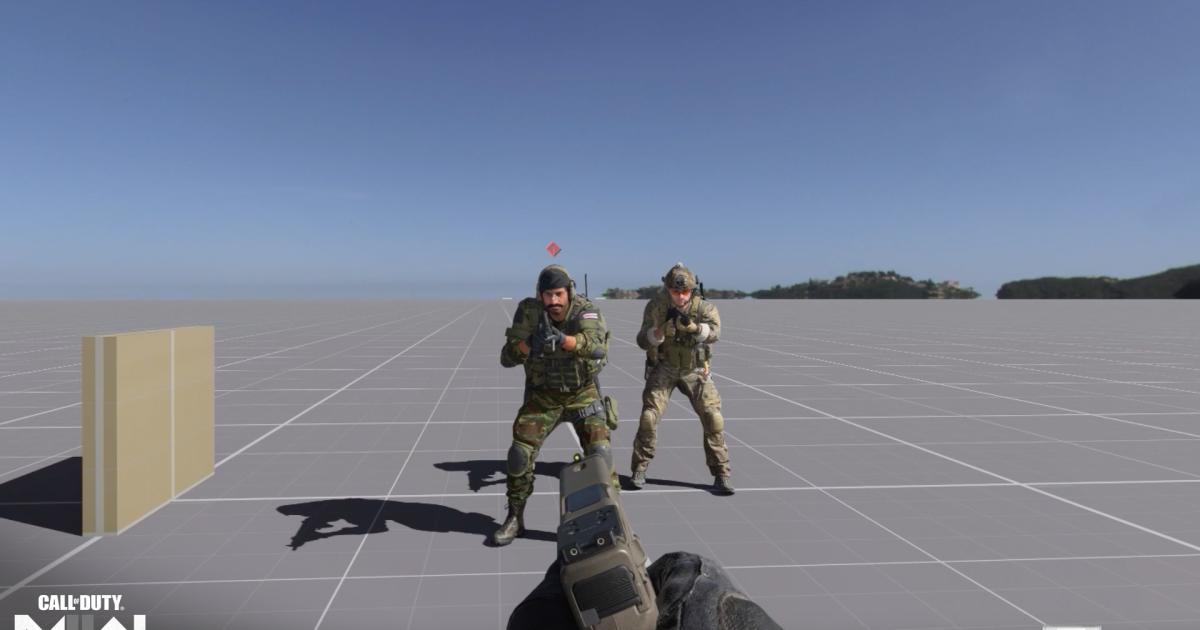Activision has employed a string of tactics in its cat-and-mouse battle with cheaters, from making them to simply . The latest measure is one of the first steps that the developers are taking to combat Modern Warfare II and Warzone 2.0 hackers who use banned tools (for instance, wallhacks) to learn extra information and gain an unfair advantage over others.
When Activision’s systems detect or suspect a cheater, a may be deployed. These won’t impact legitimate players at all and they’re designed to disorient hackers. Here’s the really clever part: each hallucination is a clone of a real player in the match, according to the Ricochet anti-cheat team. Hallucinations move, look and interact with the world just as a human player would to trick the cheater into thinking they’ve encountered a genuine opponent.
Ricochet says cheaters won’t be able to tell the difference between a hallucination and a genuine player at first glance (the team notes that, in the image above, there’s one hallucination and one real player). Hallucinations emit the same kinds of hidden information that cheaters receive for legitimate players through their illicit tools. Hallucinations will also be deployed close to suspected cheaters. If a shady-looking player interacts with a hallucination at all, then boom, they’ll out themself as a hacker.
Activision
On the other hand, Ricochet has wound down one of its hacker mitigations. It was called Quicksand and, oddly enough, it would slow down a Call of Duty cheater or freeze them in place. It could mess with their control scheme as well. An updated version of Quicksand may be added in the future, but it’s on the shelf for now.
“While Quicksand was a fun mitigation to deploy against bad actors, it could also be very visually jarring to anyone in the lobby,” reads. “Imagine coming upon an enemy that was moving at a snail’s pace in the middle of your rotation out of a hot zone. It could trip you up.”
Meanwhile, Ricochet provided an update on its efforts to that cheaters use. “Within the first two weeks of launching this detection we saw a 59 percent drop in any use of these devices across Modern Warfare II and Warzone,” Team Ricochet wrote. “Of those users, 57 percent of them did not utilize the device again.” Persistent users of such devices are penalized, the anti-cheat team noted.
This story originally appeared on Engadget

